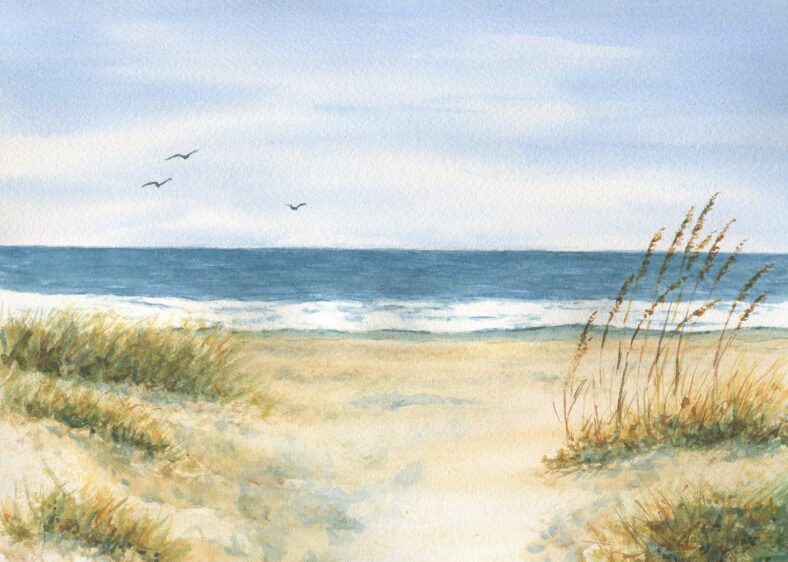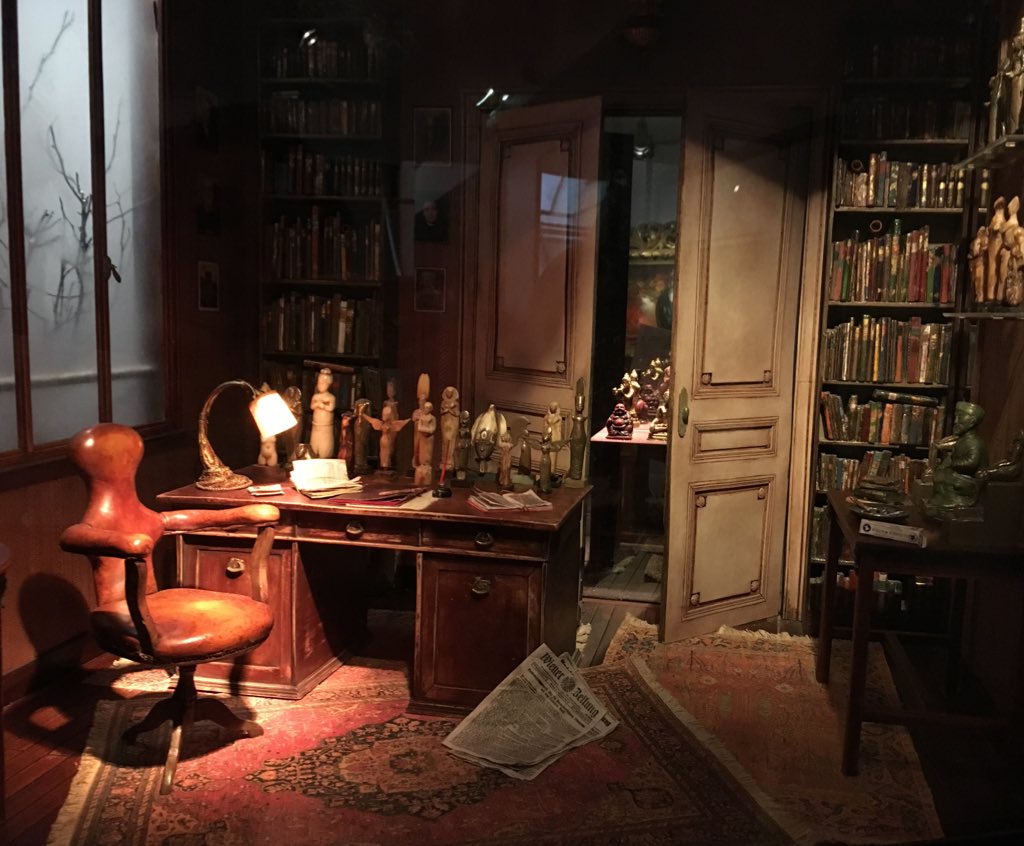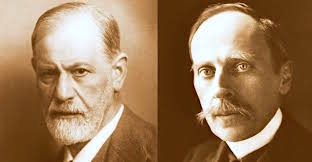
The friendship between Sigmund Freud and Romain Rolland at the turn of the 20th century, and how it sparked the interior voyage and the spiritual realization of Rolland
The French Nobel laureate writer Romain Rolland (1866-1944), foresaw the power of Sigmund Freud’s (1856-1939) analytical assessments at the turn of the century in 1909, long before Europe recognized his seminal work on the human psyche. He regarded Freud as “a fellow pilgrim on this black continent, courageous and genius navigator. ”
Intrigued by his work, Rolland visited Freud and his daughter Anna Freud (1895-1982) in their apartment in Vienna in 1924. He described Freud’s room :
Filled with small gods, fetishes, amulets, hallucinated projections of the erotic and religious dreams of humanity.

They continued to correspond in letters , and exchanged experiential findings on the challenges of being human – “ the driving power of man’s impulses, accessing the unconscious, the ongoing inner conflict between the id-ego-superego, between life and death instincts, and the hindrances of moral conduct.” Though Rolland found Freud on the pessimistic side about the future of humanity, he was moved by Freud’s unequalled experimental analysis of the unconscious.

Rolland later collected his introspective essays in Le Voyage Intérieur. His introspections focused on the vast reservoir of unconscious and the built-in oppositional forces, which Freud distinguished as the id-ego pair vis-à-vis the superego. In his immediate observations, he traced down the deeper layers of self through their variant manifestations at the level of surface consciousness. After fulfilling rigorous self-analyses in different contexts, Rolland asserted that a psychological equilibrium is attainable in between the structures of the “human agency.” Yet, the balance would be frail and temporary insofar it could be tipped easily by the violent oppositional forces that he detected in himself.
As an antidote to the excesses in the human psyche, he set forth :
The “monstrous” and “abnormal” excesses of temperament can be restrained by willful conscious activity; particularly by self-imposed duties through the means of “work” and “moral discipline” . One is bound to confront the opposing forces that divide oneself and dispose him in conflict. These constitutional forces can gush forth instantaneously, and their regulation or repression can overwhelm the psyche. Thus equilibrium is at best precarious.
Rolland used music as a tool to dive in and explore the unconscious self for he believed that music is the language of the unconscious.
…Alone, without a guide, pushed forward by music – my master and myself.
Echoing what Plato said two thousand years ago :
Music and rhythm find their way into the hidden corners of the soul.
He linked music to the soul and the soul to eternity. He described the sensation of being one with the Eternal and whole with the entire universe as the “oceanic feeling.” He described it :
What I mean is a sensation… totally independent of all dogma, all credo, all church organization, all sacred books, all hope in a personal survival, etc. The simple and direct fact of the feeling of the Eternal… a prolonged intuitive feeling of contact with the Eternal, a feeling of vastness, derived from the same subterranean source. I, myself, am familiar with this sensation. Throughout my whole life, I have never lacked it; and I have always found it a source of vital renewal. Thus I carry on simultaneously, freely a “religious” life (in the sense of this prolonged sensation) and a life of critical reason which is without illusion.
Rolland called the experiential self as the “new science of the mind” and proclaimed that there is nothing occult in it. It is the vision of “Self ” which penetrates all living beings. He described the state of spiritual awareneness of the all-permeating presence as the sensation of the oceanic feeling, and he referred to the “Presence” as the “Ocean of Being.”
Duygu Bruce







